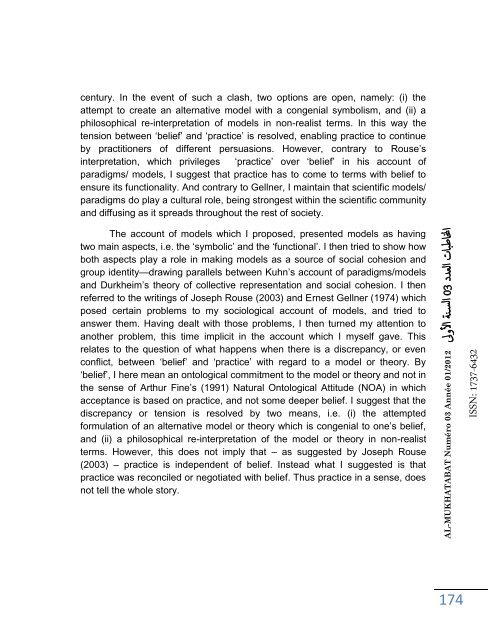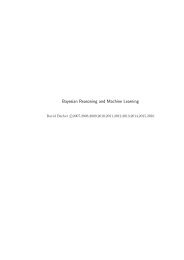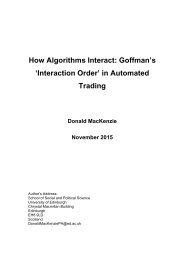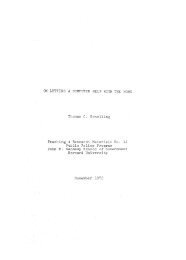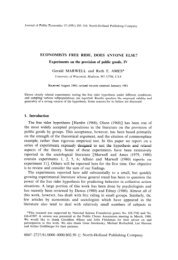n3-al-mukhatabat-journal
n3-al-mukhatabat-journal
n3-al-mukhatabat-journal
Create successful ePaper yourself
Turn your PDF publications into a flip-book with our unique Google optimized e-Paper software.
century. In the event of such a clash, two options are open, namely: (i) the<br />
attempt to create an <strong>al</strong>ternative model with a congeni<strong>al</strong> symbolism, and (ii) a<br />
philosophic<strong>al</strong> re-interpretation of models in non-re<strong>al</strong>ist terms. In this way the<br />
tension between ‘belief’ and ‘practice’ is resolved, enabling practice to continue<br />
by practitioners of different persuasions. However, contrary to Rouse’s<br />
interpretation, which privileges ‘practice’ over ‘belief’ in his account of<br />
paradigms/ models, I suggest that practice has to come to terms with belief to<br />
ensure its function<strong>al</strong>ity. And contrary to Gellner, I maintain that scientific models/<br />
paradigms do play a cultur<strong>al</strong> role, being strongest within the scientific community<br />
and diffusing as it spreads throughout the rest of society.<br />
The account of models which I proposed, presented models as having<br />
two main aspects, i.e. the ‘symbolic’ and the ‘function<strong>al</strong>’. I then tried to show how<br />
both aspects play a role in making models as a source of soci<strong>al</strong> cohesion and<br />
group identity—drawing par<strong>al</strong>lels between Kuhn’s account of paradigms/models<br />
and Durkheim’s theory of collective representation and soci<strong>al</strong> cohesion. I then<br />
referred to the writings of Joseph Rouse (2003) and Ernest Gellner (1974) which<br />
posed certain problems to my sociologic<strong>al</strong> account of models, and tried to<br />
answer them. Having de<strong>al</strong>t with those problems, I then turned my attention to<br />
another problem, this time implicit in the account which I myself gave. This<br />
relates to the question of what happens when there is a discrepancy, or even<br />
conflict, between ‘belief’ and ‘practice’ with regard to a model or theory. By<br />
‘belief’, I here mean an ontologic<strong>al</strong> commitment to the model or theory and not in<br />
the sense of Arthur Fine’s (1991) Natur<strong>al</strong> Ontologic<strong>al</strong> Attitude (NOA) in which<br />
acceptance is based on practice, and not some deeper belief. I suggest that the<br />
discrepancy or tension is resolved by two means, i.e. (i) the attempted<br />
formulation of an <strong>al</strong>ternative model or theory which is congeni<strong>al</strong> to one’s belief,<br />
and (ii) a philosophic<strong>al</strong> re-interpretation of the model or theory in non-re<strong>al</strong>ist<br />
terms. However, this does not imply that – as suggested by Joseph Rouse<br />
(2003) – practice is independent of belief. Instead what I suggested is that<br />
practice was reconciled or negotiated with belief. Thus practice in a sense, does<br />
not tell the whole story.<br />
AL-MUKHATABAT Numéro 03 Année 01/2012 لىولأا ةن سلا 30 ددعلا تابطانا<br />
174<br />
ISSN: 1737-6432


